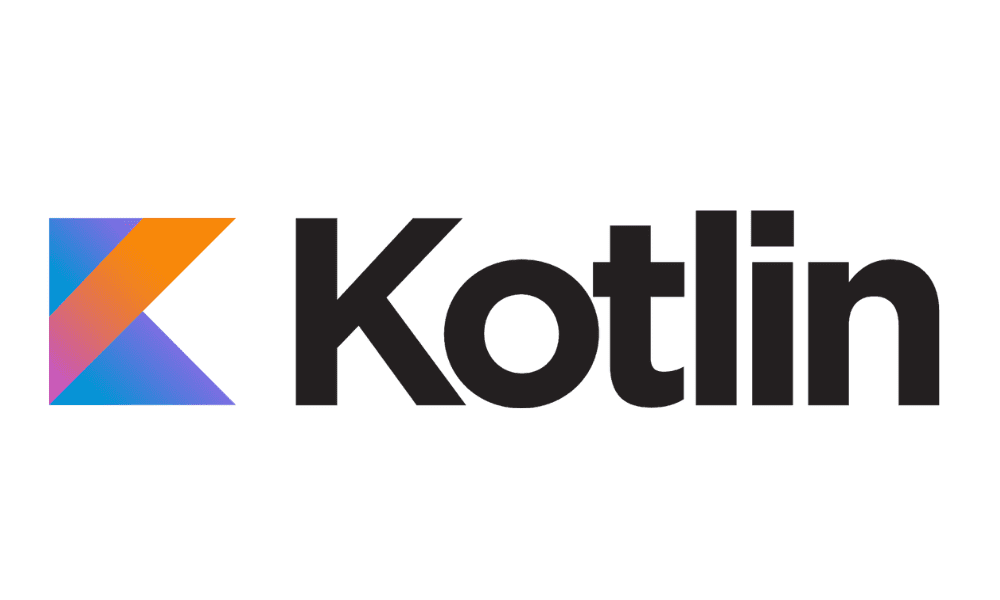Android App Development Language: A Comprehensive Guide

When it comes to developing Android apps, choosing the right programming language is crucial. With a plethora of options available, understanding the nuances of each language can be overwhelming. In this comprehensive guide, we will delve into the various programming languages used for Android app development, providing you with a detailed understanding of their features, advantages, and use cases.
In this article, we will explore ten different programming languages commonly used for Android app development. Each section will provide a summary of the language, its key features, and its suitability for different types of Android applications. By the end of this guide, you will have a solid understanding of the programming languages at your disposal, enabling you to make an informed decision when choosing the most suitable language for your Android app development projects.
1. Java
Java is the most widely used programming language for Android app development. It offers a vast ecosystem of libraries and frameworks, making it highly versatile and suitable for a wide range of applications. This section will explore the key features of Java and its benefits for Android development.
2. Kotlin
Kotlin, a modern programming language, has gained immense popularity among Android developers in recent years. Known for its concise syntax and excellent interoperability with Java, Kotlin offers numerous features that enhance productivity and code safety. This section will discuss the advantages of Kotlin and its suitability for Android app development.
3. C++
C++ is a powerful programming language that enables developers to build high-performance Android apps. With its ability to directly access hardware resources, C++ is often used in scenarios that require intensive computation or low-level system interaction. This section will explore the benefits and use cases of C++ in Android app development.
4. C#
C# is a language commonly associated with Microsoft technologies, but it has also found its way into the Android development landscape. With the Xamarin framework, developers can leverage their C# skills to create cross-platform Android apps. This section will discuss the features and advantages of using C# for Android app development.
5. Python
Python, known for its simplicity and readability, has gained popularity as a versatile language across various domains, including Android app development. Its ease of use and extensive libraries make it an attractive choice for rapid prototyping and scripting. This section will explore the benefits and use cases of Python in the Android development environment.
6. JavaScript
JavaScript, primarily used for web development, can also be utilized for Android app development through frameworks like React Native. With its cross-platform capabilities, JavaScript allows developers to build native-like apps using web technologies. This section will discuss the advantages and considerations of using JavaScript for Android app development.
7. Dart
Dart, a language developed by Google, has gained recognition as the primary language for developing apps with the Flutter framework. Flutter allows for the creation of visually appealing and performant apps across multiple platforms, including Android. This section will explore the benefits and features of Dart in Android app development.
8. Lua
Lua, a lightweight scripting language, is often used for extending the functionality of Android apps through scripting engines like Corona SDK. Its simplicity and ease of integration make it a suitable choice for game development and other specialized use cases. This section will discuss the advantages and applications of Lua in Android app development.
9. Go
Go, a statically typed language developed by Google, offers a unique blend of simplicity and performance. With its efficient concurrency model and excellent support for networking, Go is well-suited for building scalable and efficient Android apps. This section will explore the features and benefits of using Go in Android app development.
10. Rust
Rust, known for its focus on performance, memory safety, and concurrency, is gaining traction in the Android development community. With its unique features like zero-cost abstractions and strong type system, Rust offers developers a robust language for building secure and efficient Android apps. This section will discuss the advantages and use cases of Rust in Android app development.
In conclusion, understanding the various programming languages available for Android app development is essential for choosing the most suitable language for your project. Whether you opt for the versatility of Java or the conciseness of Kotlin, each language brings its own set of advantages and use cases. By considering the requirements of your app and your familiarity with the language, you can make an informed decision that aligns with your development goals. So, go ahead and explore the world of Android app development languages to create amazing apps that cater to your users' needs.
Remember, the choice of programming language is just the beginning. Continuously updating your skills, staying abreast of the latest trends, and experimenting with new frameworks and technologies will further enhance your Android app development journey.

Post a Comment for "Android App Development Language: A Comprehensive Guide"
Terimakasih Telah Berkunjung Di Blog Ini, Jika Merasa Artikel Bermanfaat Jangan Lupa Untuk DiShare.
Atas Kerjasamanya Admin Mengucapkan Terimakasih.
----Katingo Take----